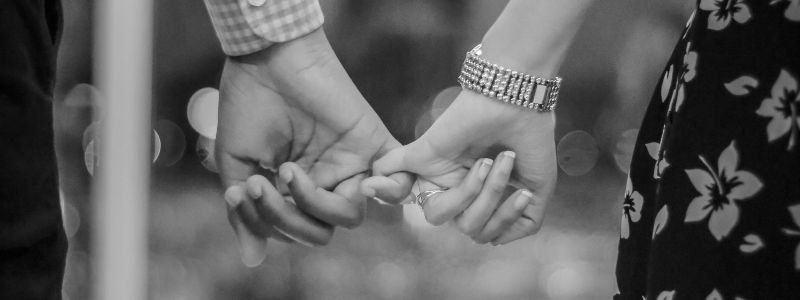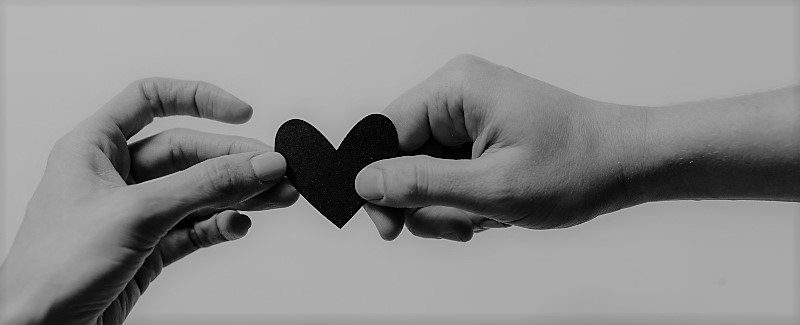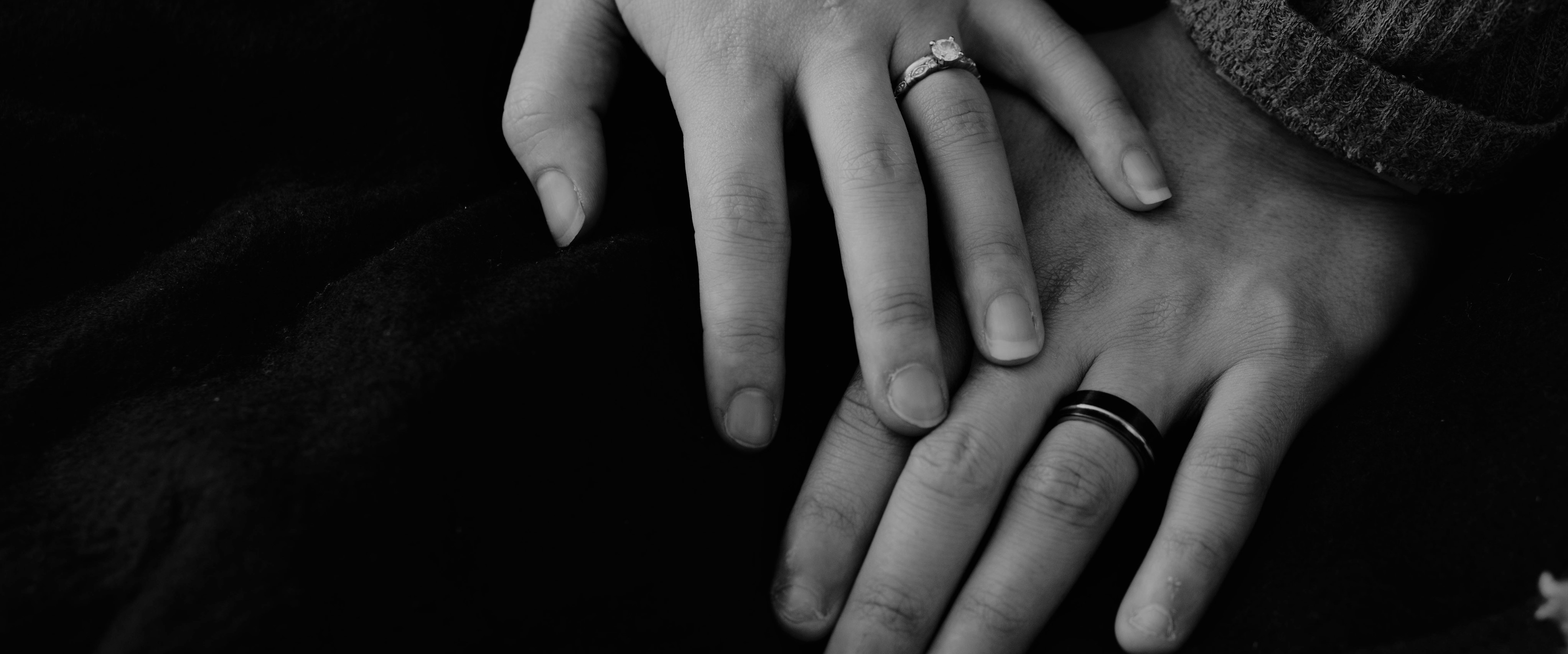(Projections, roles, and polarisations in the ‘couple’ dynamic)
In this article, I will think about the ways in which project into each other when in a couple relationship, often creating roles diametrically opposed to each other. As I will suggest, these dynamics are generally unhelpful and restrictive and yet the relationship can become unconsciously invested in maintaining them.
Projections
Projection is when we believe a certain characteristic or feeling belongs to another person rather than ourselves. What we project into others can often be something we don’t like in ourselves and so is also bound up with denial. We all project all the time but in close relationships our projections can become intensified and fixed. This is usually a partly or wholly unconscious process. Couples can become especially stuck with their projections, with one half holds certain characteristics, while the other holds others.
Roles
Unconsciously and usually over time, each may become ascribed different ‘roles’ in the relationship based on these projections. This ‘role’ will be accepted if it is, at least on some level, identified with by the individual. For this to happen, and for it to stick, there will need to be some approximation to reality and so each person’s assigned roles may well feel, to them, accurate and natural.
Polarisations
These characteristics and roles are often experienced in dynamic opposition to each other. So, for example in a relationship between A and B, perhaps A will be ‘the needy one’ and B ‘the independent one’.
As these characteristics or feelings become more polarised, both people can start to feel out of touch with themselves as well as each other. For example, what happens to the needy part of B and the independent part of A?
Maintenance
If this dynamic suits the relationship flow and stability, these role differences can become firmly embedded in the identity of the couple and changing or questioning their validity can feel a threat. So, despite creating such limitations in themselves and each other the couple may well feel very invested – albeit usually unconsciously – in maintaining these polarised projections and roles.
Crisis
Difficulties of course arise when one member rejects or questions their ‘role/s’. This can happen for many different reasons ( for example, outside influences like a new friend/s, changes in outside roles such as at work, life events, maturation, changes through therapy) but it is perhaps inevitable anyway as the illusion of these dynamics is hard to maintain over time.
While this change in the dynamic will have the potential to be positive for both parties and the relationship as a whole, it may well cause rupture and conflict, especially so if the status quo has been held for a long time. Other difficulties may also surface or be acted out in a destructive way, contributing to a destabilisation of the relationship.
Couples Therapy
It is at this point of crisis that a couple may seek help. If the relationship is solid enough or has the potential to develop, then this can become a positive turning point. In therapy, both individuals can be supported to release themselves and the other from the restrictions of the roles taken up in the relationship. Part of this work involves owning and retrieving their projections into the other. To draw from the example of A and B again, both will need to accept and embrace their respective independence and neediness. This can be a challenge for some if they continue to deny certain characteristics or feelings as also belonging to them. However, if both can engage with it, then this process has the potential to be creative and liberating for the relationship.
Claire Barnes is an experienced UKCP registered psychotherapist and group analyst offering psychodynamic counselling and psychotherapy to individuals and groups at our Hove practice. She also offers couples therapy at BHP.
Further reading by Claire Barnes –
What are the benefits of a twice weekly therapy group?
Understanding feelings of guilt
The process of joining a therapy group
What is ‘othering’ and why is it important?











 The way we relate to others, including our partners is complex and multi-layered. It is developed over time and although we can to an extent control
The way we relate to others, including our partners is complex and multi-layered. It is developed over time and although we can to an extent control  Emotionally Focused Therapy (EFT) is a short-term evidence-backed therapy with a high success rate in supporting clients to move through difficulties in their
Emotionally Focused Therapy (EFT) is a short-term evidence-backed therapy with a high success rate in supporting clients to move through difficulties in their  When working with
When working with  When do you think these difficulties started?
When do you think these difficulties started?